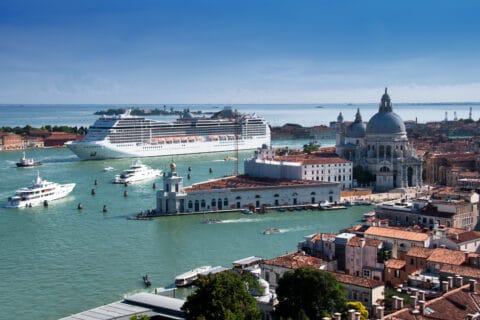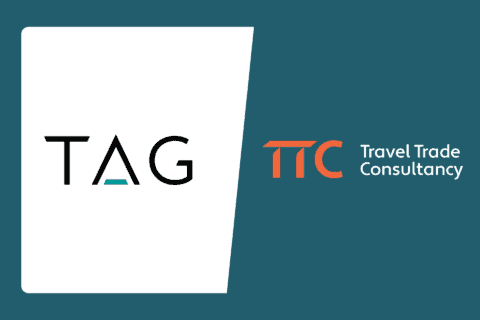Up until 2019, trust accounts were relatively rare in the travel sector. Insurance and bonding were the dominant forms of security though that changed in late 2019 when Thomas Cook Group failed. The insurance industry suffered substantial losses leading many insurers to exit the market.
Throughout 2020, as the pandemic accelerated the exodus of insurance capacity, trust accounts have stepped in to fill the void in the consumer protection infrastructure. We are seeing regulators, insurers, merchant acquirers and other stakeholders increasingly turn to trust accounts. Even customers are becoming more trust aware, thanks to several high profile travel businesses pushing their virtues heavily in their marketing material.
In reality though, the term “trust account” is currently being used to describe a whole spectrum of substantially different arrangements.
1. Who is the beneficiary?
Trust accounts can be used to protect a range of different stakeholders. They are one of the accepted methods for organisers to protect consumers’ money under the Package Travel Regulations (PTRs). However, nervous insurers, merchant acquirers, lenders and other stakeholders are increasingly asking operators to provide them with security by holding monies in a trust fund.
Any trust arrangement must make clear who is the ultimate beneficiary, to avoid any confusion in the event of a failure.
2. Where and how is the money held?
Understanding how and where the money is physically held is critical to understanding how robust the trust arrangements are. In practice, we see a wide range of structures. At one end of the spectrum, monies are held in an independently controlled bank account that cannot be accessed by the trust account holder. At the other end of the spectrum, the account being described as a trust is little more than a different current account with no separation or controls.
There are many other nuances to consider.
– Do 100% of customer funds go into a trust or only one class of bookings (eg ATOL bookings).
– Do funds go straight into the trust account or sit somewhere else first (sometimes referred to as an interim account).
– Who has access to the bank account and therefore control over the inflow and outflow of monies?
3. Who are the trustees?
The trustee plays a pivotal role in the operation of a trust account. They are responsible for managing and controlling funds to ensure the trust account operates in the best interests of the beneficiaries
There are no formal qualifications for acting as a travel trustee. The PTRs are vague on the qualifications or attributes a trustee must demonstrate, though they do state they must be independent of the organiser.
When it comes to ATOL trusts, the CAA is more strict. They only permit a narrow range of approved trustees that can demonstrate travel sector knowledge and competence, together with an appropriate level Professional Indemnity (PI) insurance.
Outside of these regulatory frameworks, there is no oversight of the trustee role. We see a wide range of individuals or organisations acting as trustees. Usually, it falls to an accountant or lawyer, but we have seen cases where a company’s own directors or relatives take on the role.
4. How are the trust rules documented?
Finally, the rules of the trust account should be codified in a formal Trust Deed. The Trust Deed is a vital document for creating a legal water-tight trust structure and requires careful legal drafting to ensure that the beneficiary and their funds are 100% protected.
The terms of the Trust Deed can be complex (the CAA’s standard ATOL trust deed runs to more than 60 pages). As a minimum they should set out:
– What monies should be paid into trust, and when
– When funds can be released, including cancellations, refunds and other common amendments
– Who are the beneficiaries
– What are the triggers for releasing trust funds to the beneficiaries
Setting up a trust account for your travel business can be complicated and you may need to consider a range of commercial, regulatory, legal, accounting, financial and tax issues. We’d be delighted to help you understand, model and implement a trust account for your travel business. Please get in touch for more information.
If you enjoyed this post, why not sign-up to our newsletter? Get our latest blog posts, industry updates and exclusive content. Join our mailing list further down the page.



